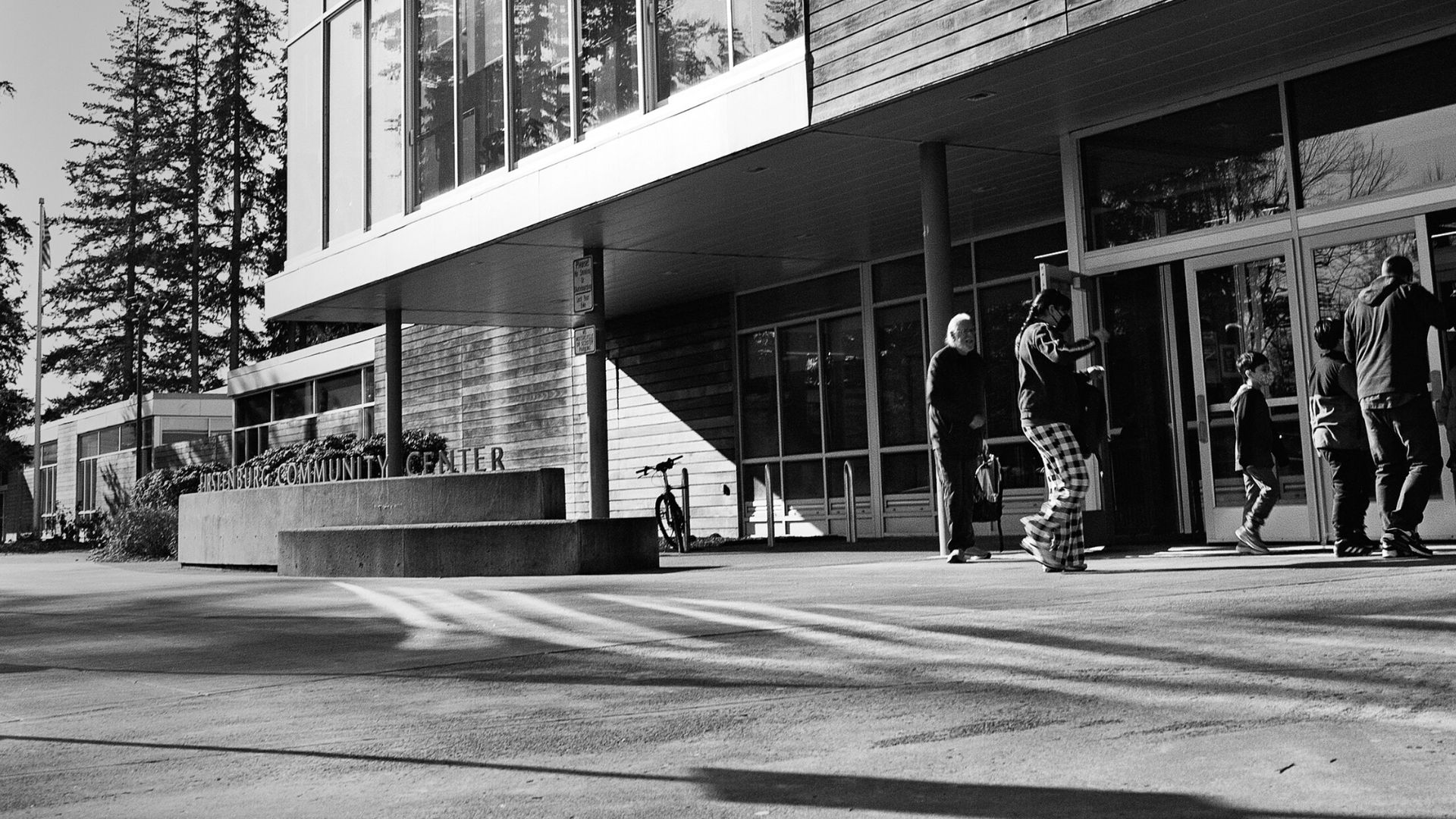
Firstenburg Foundation at 20: Focusing on Housing to Build Stronger Communities
Impact Story | Josh Friesen
What can two decades of philanthropy teach us about meeting a community's evolving needs? Twenty years ago, E.W. and Mary Firstenburg answered this question by establishing The Firstenburg Foundation, solidifying their place among Southwest Washington's leading philanthropists. From the beginning, the Foundation's mission was to give back to the local communities that had supported their family-owned First Independent Bank.
Over the years, the Foundation has touched countless lives across Clark, Cowlitz, Skamania, and Klickitat counties, funding projects from community centers to medical facilities. As the Foundation enters its third decade, we're poised to make an even greater impact by addressing one of the region's most pressing issues.
New Priorities Emerge
As our 20th anniversary approached, the Foundation's board of directors began asking how they could make a more significant impact with their grantmaking. They decided the best way to achieve that goal was to focus funding in two areas. The board reviewed community needs assessments and interviewed community members and nonprofits to identify the areas where our communities required the most support. In each of the four counties we serve, people were most concerned with affordable housing issues and preventing houselessness. With these results in hand, the family decided to shift most of the Foundation's giving toward these causes.
Houselessness and Housing Insecurity
A quick overview of the 2023 Washington State Housing Needs Assessment reveals the scope of the affordable housing problem here in Southwest Washington.
- In Clark County, 30% of households are moderately or severely cost-burdened, meaning they spend 30-50% of their income on housing. 30% of households in Cowlitz County also meet this classification.
- In Klickitat and Skamania counties, 26% of households are moderately or severely burdened by housing.
Clark, Cowlitz, and Skamania counties also need to significantly increase their rates of new housing construction to keep up with growing demand.
The increasing cost of housing puts a greater number of local residents at risk of homelessness. In Clark County alone, nearly 12,000 people received some form of housing assistance in 2022. Only 32% of those people were able to find permanent housing.
Over the next three to five years, the Foundation plans to focus the bulk of its granting on efforts to create more affordable housing options for Southwest Washington residents and lift more of our neighbors out of houselessness and into permanent supportive housing.
Small Nonprofit Capacity Building
While the Foundation will focus primarily on houselessness and housing insecurity over the coming years, we still want to provide some level of broader community support. To do that, we created our small nonprofit grant program to support capacity building for organizations doing important work in their local communities.
We define a small nonprofit as one that operates on an annual budget of less than $250,000. These tend to be grassroots organizations that are primarily volunteer-driven and work on the ground in their focus area. Our capacity-building grants provide funds that help them improve their work. Grants could support an organization's first part-time employee, technology needs, volunteer training, or strategic planning assistance for their board of directors. Our goal is to help organizations improve internally so they can do better work externally. These capacity-building grants can go to any organization and are not restricted to our primary cause area.
Carrying On a Vision
As we carry E.W. and Mary Firstenburg's legacy into the future, we're committed to addressing the critical issues of houselessness and housing insecurity in Southwest Washington. By narrowing our focus, we aim to create lasting, meaningful change in our communities.
E.W. and Mary Firstenburg believed in improving the quality of life for every resident in our region. As we embark on this new chapter, we remain dedicated to the principle that guided our founders: when we lift up our most vulnerable neighbors, we elevate our entire community.
Share
